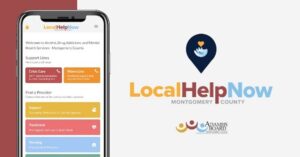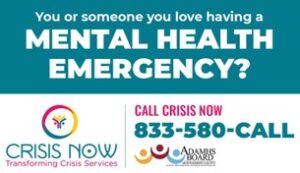On January 19 and 20, the Dayton Jewish community participated in the first “Shabbat of Love.” This program was generously funded through a grant from Jewish Federations of North America. The funds awarded to our local Federation were then distributed to Beth Abraham Synagogue, Beth Jacob Congregation, Chabad of Greater Dayton, Temple Beth Or, and Temple Israel to be used toward a Kiddush or Oneg Shabbat.
According to shabbatoflove.org, this was “the largest Shabbat celebration in North American history.” Our local Jewish community braved the subzero temperatures and came together to enjoy the warmth and magic of Shabbat with family, friends, and new acquaintances. It was an incredible experience, and a much-needed reminder of the importance of togetherness and love in our current world climate. Thank you to all those who participated in making the program a success.
Despite the ongoing war in Israel, Jews worldwide continue to persevere through the darkness. We recognize, however, that many people are struggling with mental health challenges.
Below are some resources from Tara Feiner, Executive Director of Jewish Family Services, that may be of assistance in helping you navigate these difficult times.
Let’s Talk about Mental Health
Let’s talk. For many, talking about their mental health is taboo. We are way overdue in normalizing conversations about mental health and removing the stigma associated with mental health challenges.
There are numerous articles documenting that we are in the midst of a mental health crisis. While many reports have focused on the impact COVID-19 has had on mental health, the pandemic compounded mental health challenges we were already facing in the Miami Valley as a result of a KKK rally, tornados, and the mass shooting in the Oregon District in 2019. As a Jewish community, we have also dealt with the impact of the mass shooting in 2018 at the Tree of Life – Or L’Simcha Congregation in Pittsburgh, the war in Israel, and the significant rise in antisemitism. In fact, nationally and in Ohio, 1 in 5 adults experience a mental health challenge. And, for those with mental health illnesses, the average time between onset of symptoms and seeking help is 11 years. But, while the statistics may seem grim, there is light in the darkness.
THERE IS HELP. THERE IS HOPE.
And, where there are mental health challenges, RECOVERY IS POSSIBLE.
Jewish Family Services is here for you. If you or a loved one are experiencing a mental health challenge, Jewish Family Services can help by providing guidance and supportive tools, connections to appropriate community resources, and being a caring presence to help you navigate resources.
If you need assistance, please call Jewish Family Services’ social worker, Kate Scarpero, Licensed Social Worker BA/LSW at 937-610-1555. You can also visit our website for resources at www.jewishdayton.org/jewish-family-services.
Where else can you turn for help?




![]()
Who is impacted by trauma?
Many people have stress-related symptoms after a traumatic event. If these symptoms don’t begin to fade after a month or so, it may be time to seek professional help.
Common symptoms include:
- Reliving the moment
- Avoidance
- Negative beliefs and feelings
- Feeling on guard or keyed up
There are several effective treatment options available, and many of these treatment options are short-term.
Where is there help in the Miami Valley?
Citilookout Trauma Recovery Center: 937-523-0037
Family Services Trauma Recovery Center: 937-222-9481
JFF Connects. Guides. Cares.
Empowers everyone to live their best life.
Did you know?…
In Israel, the Israeli Trauma Coalition (ITC) was established in 2001 and is the national response in the treatment of trauma and emergency preparedness. They even serve as a global resource, providing training in clinical and psychosocial rehabilitation.

